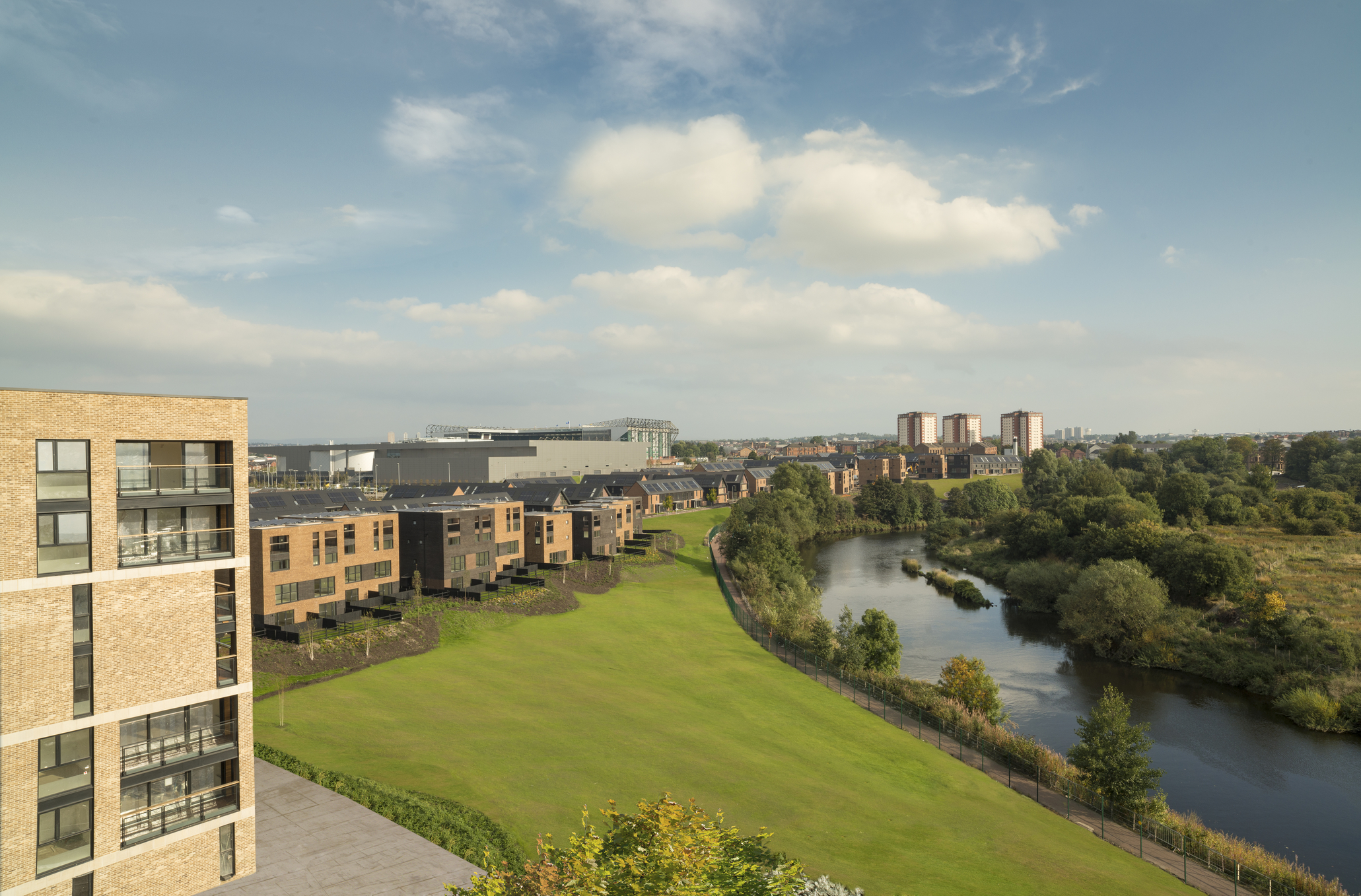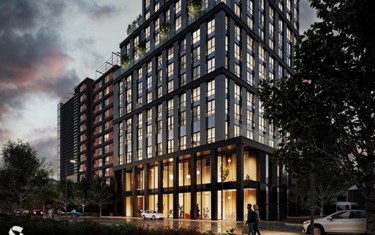 Richard Blyth FRTPI is the RTPI’s Head of Policy, Practice and Research. This is the second in a series of weekly blog posts from Richard on the RTPI’s key asks of the government concerning its proposals for reform of the planning system. Read the first post here.
Richard Blyth FRTPI is the RTPI’s Head of Policy, Practice and Research. This is the second in a series of weekly blog posts from Richard on the RTPI’s key asks of the government concerning its proposals for reform of the planning system. Read the first post here.
It looks like the Government intends for everyone in England to return to pre-Covid life on 19 July. It is not my role to discuss the pros and cons of that issue, but it – and especially the choice of messaging around it – raises questions around ‘freedom’ and responsibility.
Planning reform is often couched in terms of ‘freeing’ landowners from ‘burdensome’ restrictions placed on them by planning ‘regulations’ (usually meaning planning policy). Certainly, a planning system which is plagued by delay and inconsistency is a burden.
However, we don’t hear much in the media about how planning ‘frees’ people.
Planning frees people from the fear of a race to the bottom (or top!) in terms of building ever higher buildings next door to your own home. Planning frees rare species and habitats from the threat of destruction. This we know.
But there is more.
At its best, planning frees up investment. It should be creating areas of new land for development with the infrastructure already in place so as to make attractive propositions for private investment. We seem to fall so far behind on this obvious role for planning.
Planning can also free areas suffering from the absence of a viable market in homes by improving brownfield and run-down neighbourhoods and making them exciting places to invest - as has happened with the Commonwealth Games in Glasgow or the municipal housing programme in Birmingham.

Image: The Glasgow Commonwealth Games Village was a finalist in the Excellence in Planning to Deliver Housing category at the RTPI Awards 2015. Credit: Tom Manley Photography
So ‘freedom’ works in many ways.
As we continue to wait for the Government’s response to the Planning White Paper (a response originally intended for spring but, according to Housing Secretary Robert Jenrick speaking at this week’s LGA Conference, now delayed until autumn) it’s as good a time as any to re-emphasize that the RTPI would like to see planning reform really get to grips with the kinds of ‘freedoms’ I have described.
What might that involve? In our Planning for a Better Future paper, the RTPI explored the whole problem of ensuring development and infrastructure are planned together:
We call for:
- A new Duty to Deliver placed on utility regulators to ensure collaboration between utility providers, transport organisations and planning authorities
- Better evidence in Local Plans to demonstrate a material impact on network investment, such as thresholds for significant levels of development in relation to identified infrastructure capacity issues
- A change to the assessment criteria used to promote competition in the provision of strategic enhancements to water and energy to include clear requirements on collaboration with metro mayors, including data sharing and participation in coordination initiatives.
Why not read Planning for A Better Future for some of the RTPI’s other calls while you – and I – continue our wait for the White Paper response?


